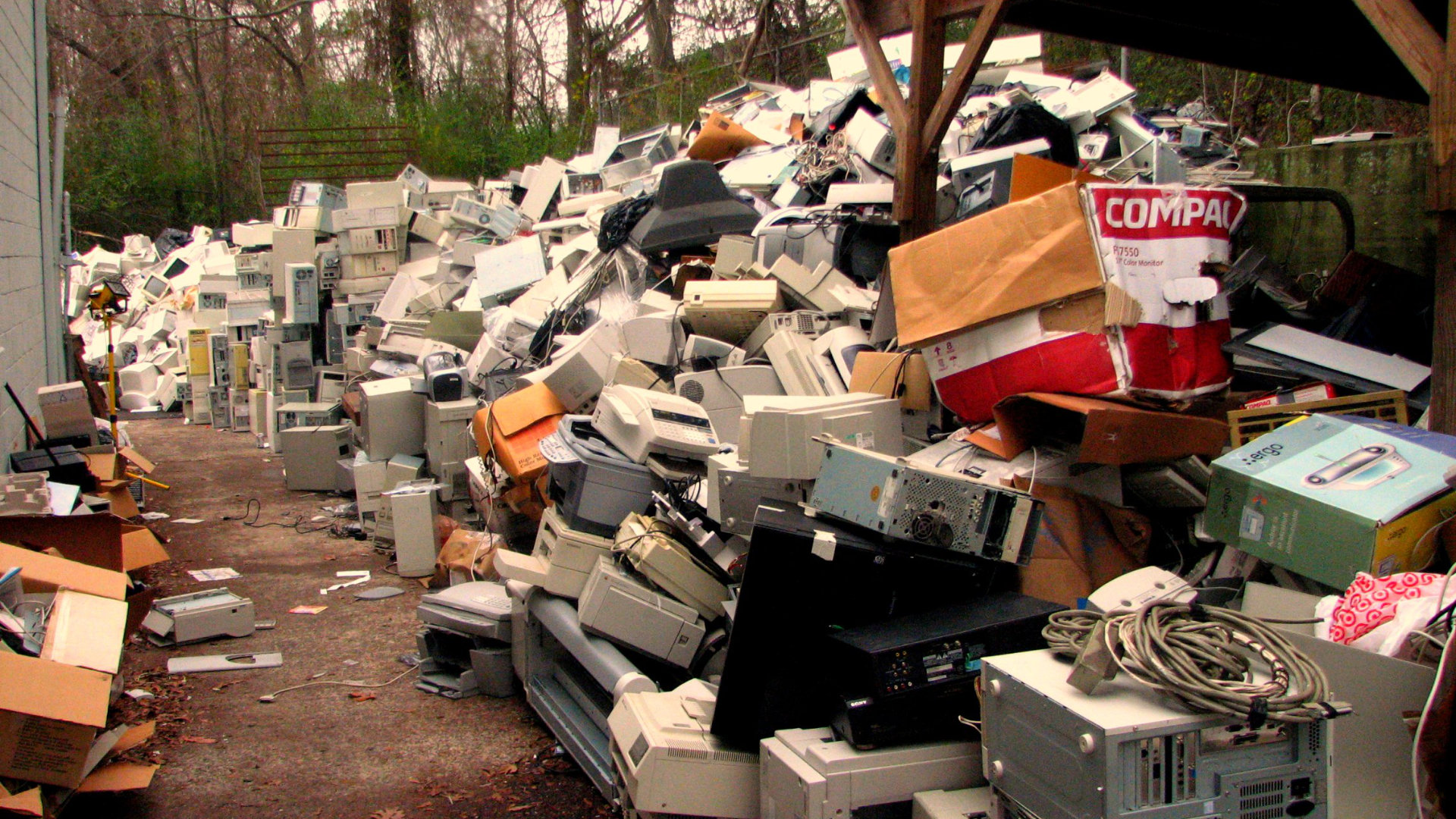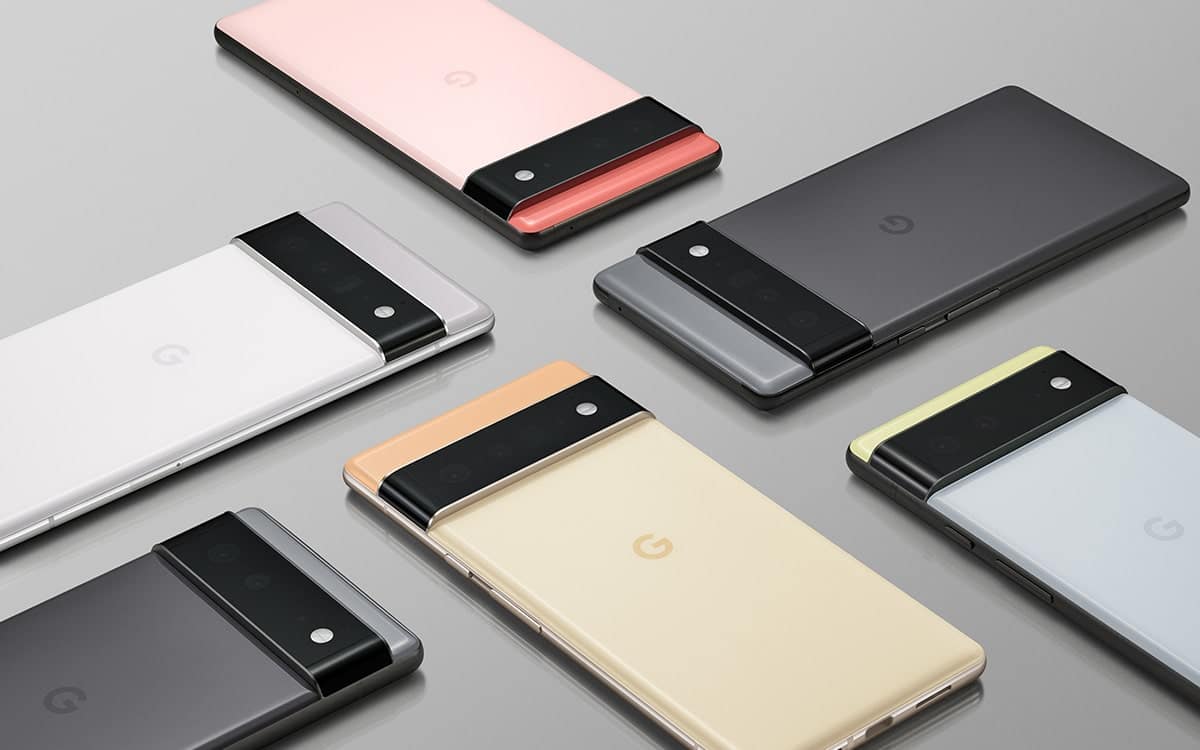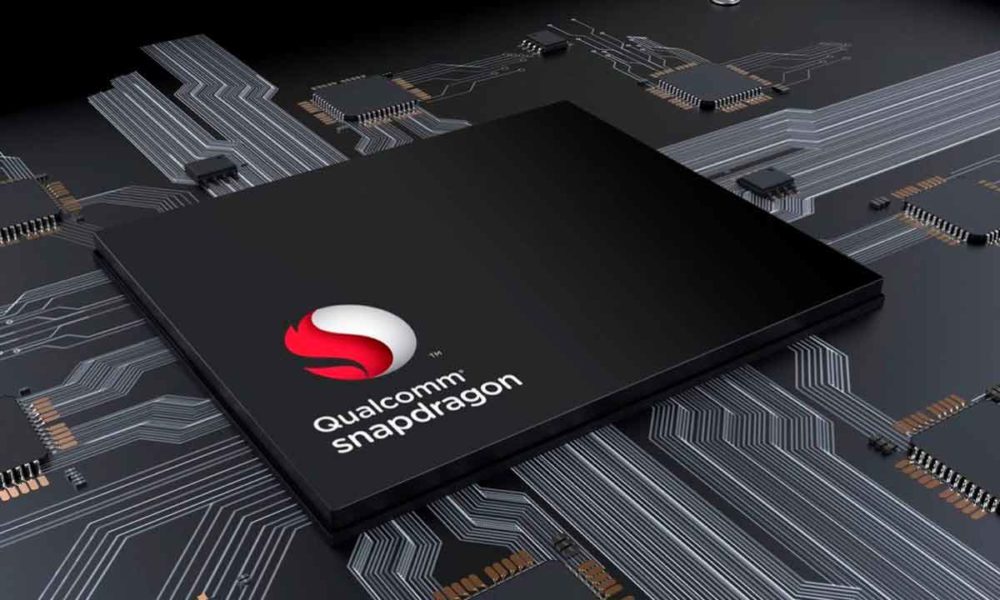
The new version of Windows may well put off a lot of PC owners. Microsoft’s OS requires very demanding technical characteristics to run cleanly and risks leaving plenty of computers behind when the situation is already critical.
Since June 24, confusion reigns at Microsoft. The company took advantage of the end of June to unveil the latest version of its operating system: Windows 11. But more than the new features of this OS, it is above all its compatibility that has been talked about since. three days.
Very early on, Microsoft made a tool available to check if your computer was capable of running this new version of Windows. Small flat, the software indicated in a very large number of cases that the machine would not be able to install the new OS. For a moment, there was talk of potential false positives or a buggy tool, but it finally seemed that Windows 11 did leave a lot of machines behind.
Exclusion of PCs released before 2017
During the weekend which followed the conference, Microsoft did not stop modifying the minimum technical characteristics necessary to benefit from Windows 11. At first, it was a question of a rather permissive “floor” configuration which authorized the installation of Windows 11 with a few sacrifices, and a “recommended” configuration that allowed you to enjoy the OS in the best possible conditions. The TPM chips (we explain what it is here) and the processors varied in particular according to the specifications chosen.
Except that in the evening of Friday 25 to Saturday 26 June 2021, these differences were practically all erased. According to Microsoft, to run Windows 11 you will necessarily need a TPM 2.0 chip and a computer equipped with one of the processors accepted by Microsoft. Whether you have Intel, Qualcomm, or AMD hardware, there’s a good chance your computer won’t qualify.

To put it simply, if your processor is older than 2017, you will not be able to take advantage of Windows 11 with the current constraints of Microsoft. Even some Surface devices that are directly marketed by Microsoft are not eligible for the update. An incomprehensible tactic, which also happens at the worst possible time.
If your computer is marked as incompatible, then the solution offered by Microsoft is to go ” buy a new Windows 10 PC that meets the requirements ”Or to stay under Windows 10. This invitation to renew is quite unwelcome for several reasons.
Ecological and economic issues
First, excluding a whole bunch of machines that came out just a few years ago risks creating a mountain of electronic waste, at a time when the carbon footprint of our gadgets is starting to become a serious issue. On paper, many computers have the power to run Windows 11, but since their processor is not approved by Microsoft, they will not be able to take advantage of the update. As a result, they risk being put aside in the coming years in favor of a new machine, when they probably still had good years to live. From this point of view, Apple is much more responsible than Microsoft, since even some computers released in 2013 will be entitled to the latest update of the system.
And even if you were going to buy a new machine, not sure that you would find what you are looking for in the current market. The electronics industry has been plagued by a semiconductor shortage for many months and it is unlikely to end until at least 2022. Production of graphics cards, smartphones, tablets and PCs is slowing worldwide due to the combined effect of the cryptocurrency race and the 2020 global lockdowns. To put it simply, this is not the case. good time to buy or build a new computer.
Despite this explosive situation, Microsoft seems to be pushing the envelope by encouraging all those who have a 4-year-old computer to put their hand in the wallet. A decision all the more incomprehensible that Windows 10 had just been able to seduce thanks to a fairly low technical entry barrier. Hopefully the company quickly changes its mind and relaxes its rules a bit, because otherwise a lot of machines will stay on Windows 10. This could create a software headache for the publisher, which could end up in a few years. in a situation similar to the one he experienced with Windows XP.



